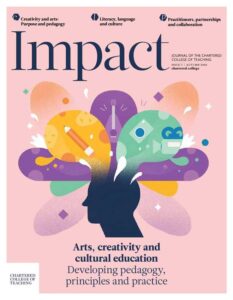DIALLS (DIalogue and Argumentation for cultural Literacy Learning in Schools) is a three-year research project involving nine countries in and around Europe. In DIALLS, cultural literacy is reconceptualised as a dialogic social practice underpinned by tolerant, inclusive and empathetic interaction with others, moving beyond previous narrow understandings of it as knowledge about culture. In the first stage of the project, researchers are working with primary and secondary teachers to create lessons that use wordless texts (picture books and films) as stimuli to develop children’s cultural literacy learning. This article introduces the key ideas for promoting and practising cultural literacy, outlines how the wordless texts were chosen and explores some initial ideas for their use in the classroom.
What is cultural literacy and why do we need it?
With increasing diversity in Europe, the need for interaction based on mutual understanding and respect is greater than ever. In the DIALL
Join us or sign in now to view the rest of this page
You're viewing this site as a guest, which only allows you to view a limited amount of content.
To view this page and get access to all our resources, join the Chartered College of Teaching (it's free for trainee teachers and half price for ECTs) or log in if you're already a member.











